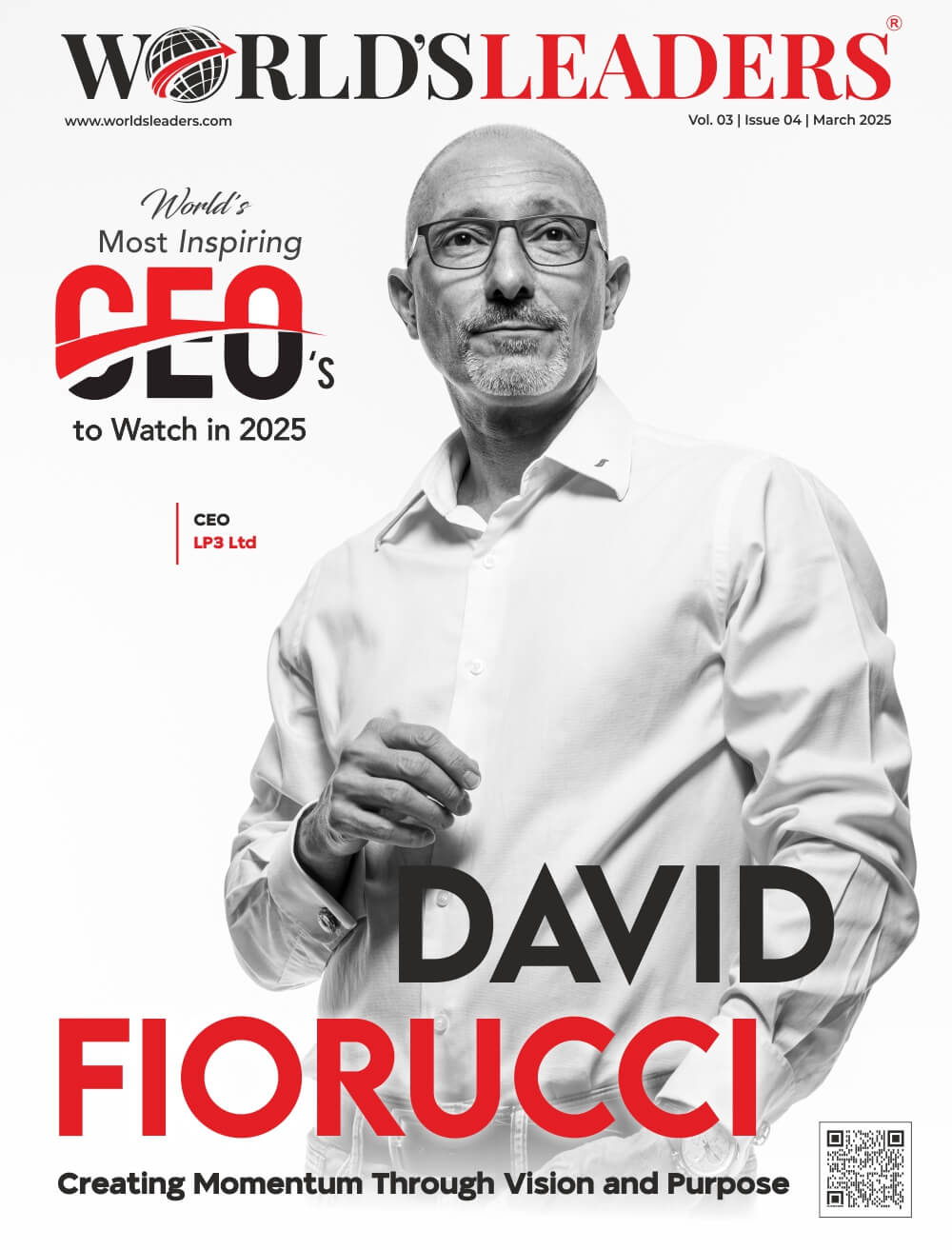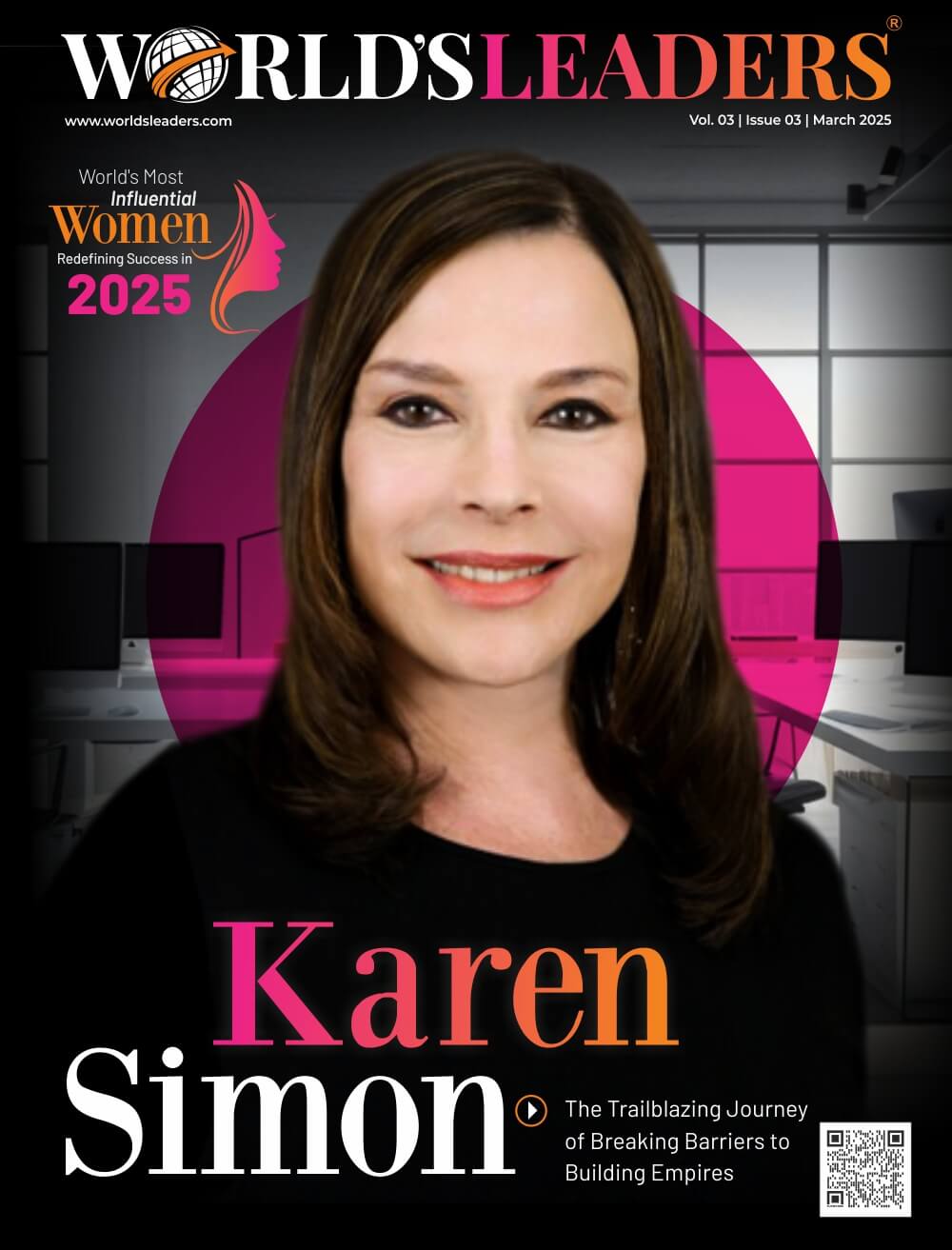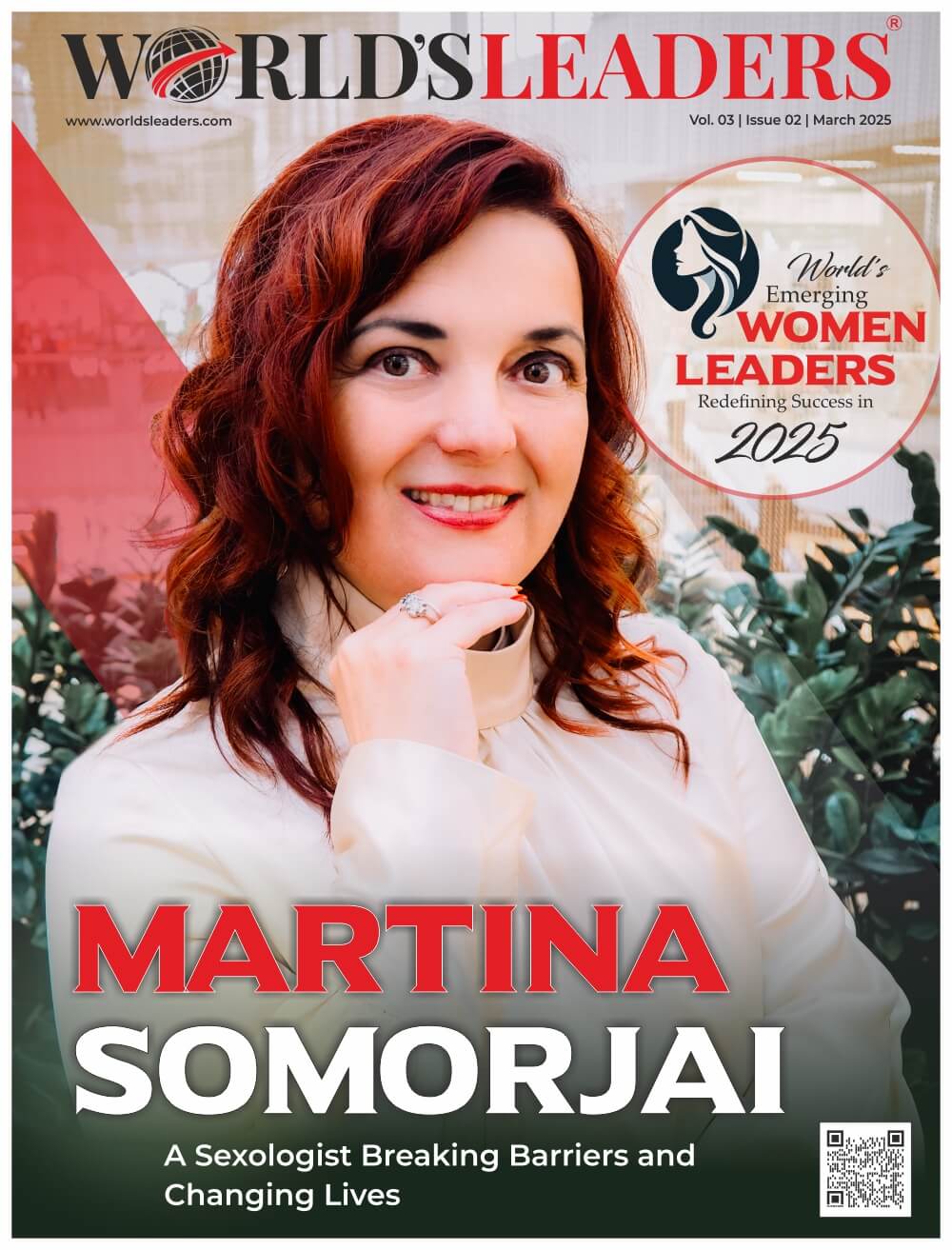In the field of digital business, Philippe Guenet, founder and lead coach at Henko Limited, creates high-performing leadership, teams, and organizations. After starting Henko in 2017, Philippe has worked with companies including Lloyds, Deutsche Bank, Carnival UK, KFC, and several start-ups as an independent coach.
Prior to this, Philippe had executive positions in top consulting firms where he oversaw the large-scale delivery of digital technologies for customers like Barclays or Vodafone and helped CIOs, CTOs, and digital officers by providing advice on digital strategy and change initiatives.
Below are highlights of the interview:
Describe who you are as a person, inside and outside of the workplace.
I am quite an intense person, focused on being coherent between what I believe in and my actions. I left a well-paid executive job in a consultancy to risk it as an independent, when I realized that bringing solutions to clients did not help progress their need for change, and that consultancies fed on clients not getting it right. This realization and decision were quite seminal in my career as I can unequivocally focus on what I believe in now.
Describe your background and what did you do before you started/joined the company?
I graduated in Business in France in 1995 (equivalent MBA) and from my student job in the Business School computer center I discovered the Internet when Yahoo! was essentially a page of links, the only browser was Mosaic. My graduation paper was how the Internet and Digital were going to revolutionize marketing, in 1995. My career was then focused in professional services, helping organization change, adopt digital to remain relevant in a new economy. I have always been a very technology minded business person and, in fact, worked as solution and enterprise architect, in support of large organizations’ initiatives. My hybrid Business / Technology background allows me to connect the big picture and the challenges of execution, which I find is a rarity in leadership.
Tell us about the inception of the company. How did it all start?
In 2017, I was leading the delivery from our teams (about x300 consultants) in a large banking client. I came to realize that driving change was almost impossible, and as external suppliers, we were part of the problem rather than the solution for the client to become better with Digital. Clients needed to develop capabilities and leadership to establish their own digital solutions, not having external people doing it for them.
From my two decades in Consulting and my qualification and recent experience as a coach, I can say that Consultancies face an insurmountable inertia to offer new services developing people, as they operate from the starting points of solutions and expertise. Instead, it needs to start from people, leadership, beliefs, practices and alignment. Even the engagement model needs to be structurally different that the coach is not a constant, so the change is owned by the rightful leadership. Leaders need to invest the time.
What has made you successful? What do you value?
Success is still work in progress. In change, you have to be satisfied with small steps in the right direction and I get a strong sense of satisfaction when clients start having effective practices that will stay, even once I am long gone. I am pleased to see impact with most clients where we beat some inertia of change, when teams are coming together better to collaborate, when disciplined practice of operational excellence are happening, when conflict-demand and overburden start surfacing and being addressed, when a flow of delivery starts happening, etc. I have made a positive mark with all the clients that I worked with and for that I am proud. What I value is bringing meaningful value to them.
Which are the major services of the company and how do the company to get ahead in the competition? What value-added services does the company provide?
So far, the services have been mainly tailored to the specific conditions of the client. But we are now establishing packages that are in-line with where we see shortfalls and a need of education and assistance at clients.
All the services will look at a specific mix of Advisory / Coaching / Facilitation / Education or Training, relevant to the context of the client.
The services mainly split into four broad themes:
- Continuous strategy
- Systemic leadership and teamwork collaboration
- Operational excellence
- Organization realignment to Flow
We are also looking to offer structured training in those themes, available for corporate clients and soon to be offered into the public.
Specific focus areas are also possible. For instance, we see a lot of engineers being rapidly promoted into leadership roles, but with little leadership skills. They end up micro-managing others and grow disgruntled in their role, often generating dysfunctional teams too. In those case, we can design specific coaching programs to accompany the leadership development of said engineers.
What are the most important aspects of a company’s culture? What principles do you believe in and how do you build this culture?
One value I hold dearly is congruence of ideas and action. This value is so dear to me that in a redundancy round in a previous organization, I nominated myself for redundancy rather than one of my directs, as I had prepared them to be my succession in the role. I would have been easier to let one of them go, but it was not right. Leadership is about applying the change to self-first, walking-the-talk. Everything aligns better once we manage that.
Give us your opinion on; do organizations rely heavily on individual heroics or team processes?
Organizations love a good hero. People that would rather attend the delivery of a software system than the birth of their child receive accolades from the leadership as it shows their commitment to the corporate cause. Such people eventually get promoted on effort as opposed to leadership skills and bring the dysfunction into the leadership of the company.
Their ambitious nature often results into taking on death-march projects, which never addresses the fundamental dysfunction of organizations and creates untold damage in terms of reputation, talent attrition, etc.
What are your responsibilities as the Founder/CEO/MD of the company? What is the happiest part of your daily routine?
It is everything especially as part of a small structure. The most important is holding the congruence of the positioning and organizing communication, new business activities, partnerships, services, interventions in alignment with this value-add. It is hard at times as success and failure are never that black-and-white. The market is also morphing as to the needs and what/how organizations are buying. So, I have to be true to the concepts that I preach by keeping a core direction that I believe in, while trying many ways of taking it to market and realizing client work.
What advice would you give someone going into a leadership position for the first time?
One of my direct asked me that one day. I told him that leadership was when you wanted to turn to somebody to comfort your decision, and you had nobody to turn to. Leadership feels lonely, but as part as becoming a coach, I learnt that it did not need to be this way with Systemic Leadership.
Systemic leadership is about leaning into the system, finding time with focus, trusting people and developing them, valuing diversity of opinions, stimulating the generative nature of teams, and looking & learning into new areas allowing to see things differently, rather than pushing bias. All this requires fighting a lot of the instincts that traditional leaders have developed through their careers, and need resetting in digital business. Engaging in a continuous coaching / self-reflection process helps driving such improvements.





